Social media has a substantial impact on sports. Many people look to social media as an outlet to learn the newest information on sports, whether that be score updates or conversation about upcoming or past sporting events. Now, social media can feed rivalries and trash-talking, but many coaches, players and fans have taken their commentary too far. Scrutiny can have a pronounced impact on athletes’ mental health if social media users are not considerate of what they post.
Social Media changes the look of high-stake rivalries
Pleasant Valley vs Bettendorf, Iowa vs Iowa State, Packers vs Bears. These matchups sound very familiar to most sports fans around here. Rivalries often cause disputes among families and friends. The details of each rivalry can look different, but one thing is always the same: trash-talking.
Trash-talking has grown significantly in sports over the last few years thanks to social media. Barstool accounts are common ways people promote their own teams and insult others. “It’s hard for some athletes to forget what was said. It affects their game. Others can block it out, I personally do, but sometimes you can still feel it,” junior basketball player Quinn Vice said. Unlike the juvenile trash-talk of, “my team is better than yours,” social media has taken it to a whole new level fueling the fans and the performers.
This effect can be seen at every level of sports. When Pleasant Valley faces off against Bettendorf, athletes feel immense pressure and can be seen taking social media hits from the opposing school. “You do not want to get made fun of, which is very easy to do. [The other school] can use things against you that have no relevance,” Vice said. For her, trash talk can be motivating. “If you are getting called out you then have an opportunity to make a statement and prove people wrong during the game.”
Another prime example of fueling the rivalry was seen this week as Colorado and Colorado State fought for the title of best team in all of Colorado.
After going through a 1-11 season last year and 2 head coaches, Colorado needed some motivation heading into this season. The motivation came from former NFL and MLB player, Deoion Sanders. Prior to week 3 in college football, Colorado had knocked off a Top 25 team and dominated the Nebraska Huskers. As the program gained fans around the country from shock, fame, and style, Colorado became the team to beat. This in-state rivalry brought the toughest game Colorado has had yet this season, both mentally and physically.
Head coach Jay Norvell of Colorado State lit the fire by commenting on Sanders’ respect when talking to the media. “I take my hat and glasses off when I talk to “grown-ups” because that’s what my mother taught me,” he said. This was a direct shot thrown at Sanders. Sanders and his team took this to heart, firing back “It’s (now) personal” in a practice video prior to the game. The act of ‘it being personal’ is something that Colorado has prided themselves on this season.
CFB watchers were clearly intrigued prior to the game when Sanders told the College GameDay crew, “When we meet at the conclusion of the game, just keep the cameras rolling.” Setting the record for the most watched late-night game at 9.3 Million viewers, social media pushed the rivalry across the United States. Many were committed, as the game did not kick off until 10 PM and finished close to 2:30 AM. Colorado State ended up losing 43- 35 in double OT when they had a 99.4% win probability with 2:06 left in regulation.
Although it was a great game, and one of the best rivalry games so far this season, fans are taking it to the next level. Hate comments have significantly increased as it is much easier to talk behind a phone than to a face. Head coach of Pleasant Valley’s volleyball team speaks on the controversy of social media on athletes, “It is one thing to talk bad about somebody, but another thing to personally attack them. I think there is a very fine line. Your game speaks for itself, but to go out of your way after somebody in a very negative way is not the right thing to do,” Hall said.
These comments have caused harm to players, families and teams. Many examples have happened recently across both college and NFL football, causing players to delete their social media platforms because of the hate they received. Many fans are even going as far as making threats over one play in a game.
The impact of social media can change the game for better and for worse.“[Social media] has changed so much. I think it is good because it promotes athletes and programs, sometimes although it puts more pressure on the girls to make the highlight videos and put themselves out there to get exposure, they feel like they have to do those things if they want to get to the next level,” Hall said.
Whether it is high school, college or pro sports, many like to share their thoughts and converse with others on social media. Although this can encourage views and deepen the meaning of the game, it also can spike mental health problems for players. Social media continues to build-up the meaning behind rivalries, and it will keep continuing to grow.
Social media: an epidemic to athlete mental health
At a home game, athletes expect to hear supportive cheers erupting throughout the stadium. As the star player goes for the game-winning touchdown the crowd leans forward in their seats with anticipation. The ball drifts towards the receivers hands in seemingly slow motion, but instead of the crowd jumping out of their seats in excitement, their palms slap their faces as the ball slips out of the receivers hands. And just like that, the home crowd is booing their team.
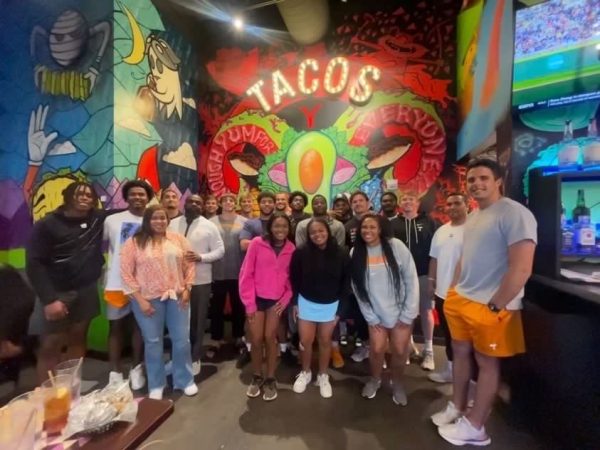
The players head back to the locker room, distraught after losing a close game, and the coach tells them to pick their head up and that the team will get back to work the next day to ensure victory in the next game. However, it is difficult for players to move on and keep their head up when they open their phones and social media is filled with fans scrutinizing and insulting their play and individuality.
As these comments continue, they can add to an all too common statistic. Student athletes have a greater likelihood of suffering from depression, anxiety, eating disorders and substance abuse. Football has the highest suicide rates and is the sport with the highest social media engagement.
Now, if a team loses a match, game or meet, there is a social media blast sent in a matter of seconds. Former Louisiana State (LSU) softball coach and current Pleasant Valley teacher, Lori Duncan, recalls a time when social media did not have a substantial impact on players.
“In the past [the] girls were protected from all these negative comments from outliers who [now] feel like they have direct access to you through their social media. And because we didn’t have that [social media] we were protected. We didn’t have the anxiety that they do now,” Duncan pointed out.
At PV, student athletes are often recipients of disrespectful tweets. This is prominent as tensions are high with school rivalries via local Barstool X accounts. Following PV’s loss to the Bettendorf boys basketball team in Feb. 2023, the Bettendorf Barstool commented about a players appearance and playing ability, despite the possible harm of their comments on the players mental health.
PV basketball player David Gorsline was on the same team as the player targeted by Bettendorf Barstool’s tweet and weighed in on the topic. “Our opposing teams always make personal shots at all [us] including myself. We have to build up a lot of mental toughness because it’s just become a part of playing sports,” he said.
Athletes may begin to feel the pressure of social media and fans as early as high school. Yet, this scrutiny will only grow as they reach the college and professional levels, where players have millions of eyes critiquing them.
Higher levels of competition have passionate fans with high expectations for their teams performance, and, when teams do not meet these expectations, fans do not hide their frustration.
In 2021, Penn State’s 21-year-old quarterback, Sean Clifford, spoke out about the death threats he received following a rough game where he threw three interceptions. As a result, Clifford deleted his social media apps.
Unfortunately, this behavior from sports fanatics has not been resolved. Recently, Vikings running back Alexander Mattison, shared concern about the racial slurs and violent language he is subjected to by Vikings fans on social media. Mattison condemned the derogatory language of the fans on X: “Under the helmet, I am a human.. a father.. a son. This is sick,” he stated.
PV teacher and coach Trever Moore sees both the advantages and disadvantages of fans being so active on social media. “I think it [social media] was at first good, because it allowed fans to get in touch with their favorite players. But now it’s grown to a spot where I think with what happened with Alexander Mattison, where they were blowing up his DM saying derogatory stuff. I think it’s gone too far now,” said Moore.
At Indiana University, Edward Hirt, a psychology professor, affirmed that social media magnifies the outreach of sports fanatics, allowing a tribal mentality within fandoms. Thus, if a player messes up, rather than a few passionate fans spreading hate towards players and coaches online, the entire fandom attacks the player.
Hirt noted fans well past their playing days can feel as though they are a part of a team again, so when their team loses, they feel extreme disappointment, which is projected onto the players.
Duncan believes that fans who scrutinize their own team are not true fans. She noticed a difference between the players she coached at LSU versus the University of Iowa because of social media.
“…I’m picturing the team that I coached at LSU, in the early 2000s, [and] when I coached at University of Iowa, 10 years later, it was a different type of mentality. It was much more fragile. Ten years later, why? Probably yes, has something to do with the social media aspect. And the critical remarks and comments and judgements that come through that. Typically, those come from fans that weren’t truly loyal fans, [who] didn’t really know the team or the players.”
Social media has proved itself a cause to the mental health epidemic for athletes competing at all levels. Athletes can already be their own greatest critique, and each time they drop a pass or swing and miss, social media critique’s only amplify an athlete’s disappointment.



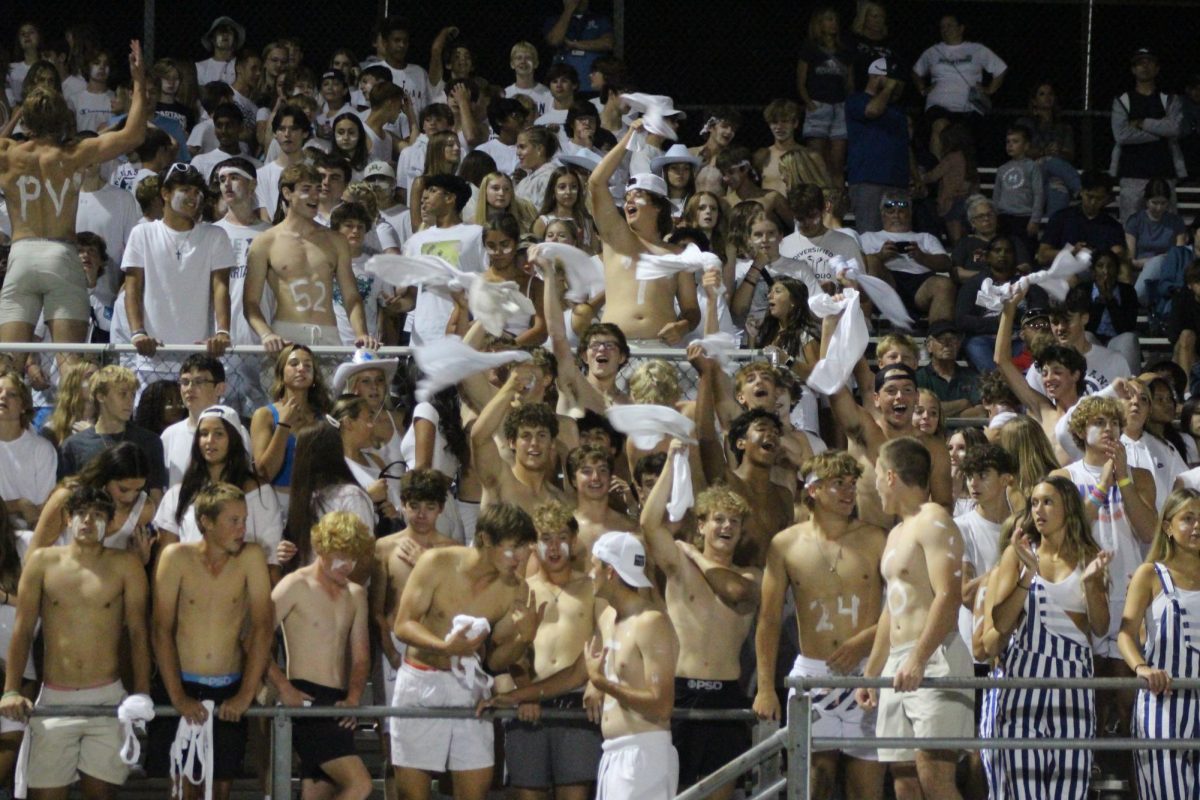

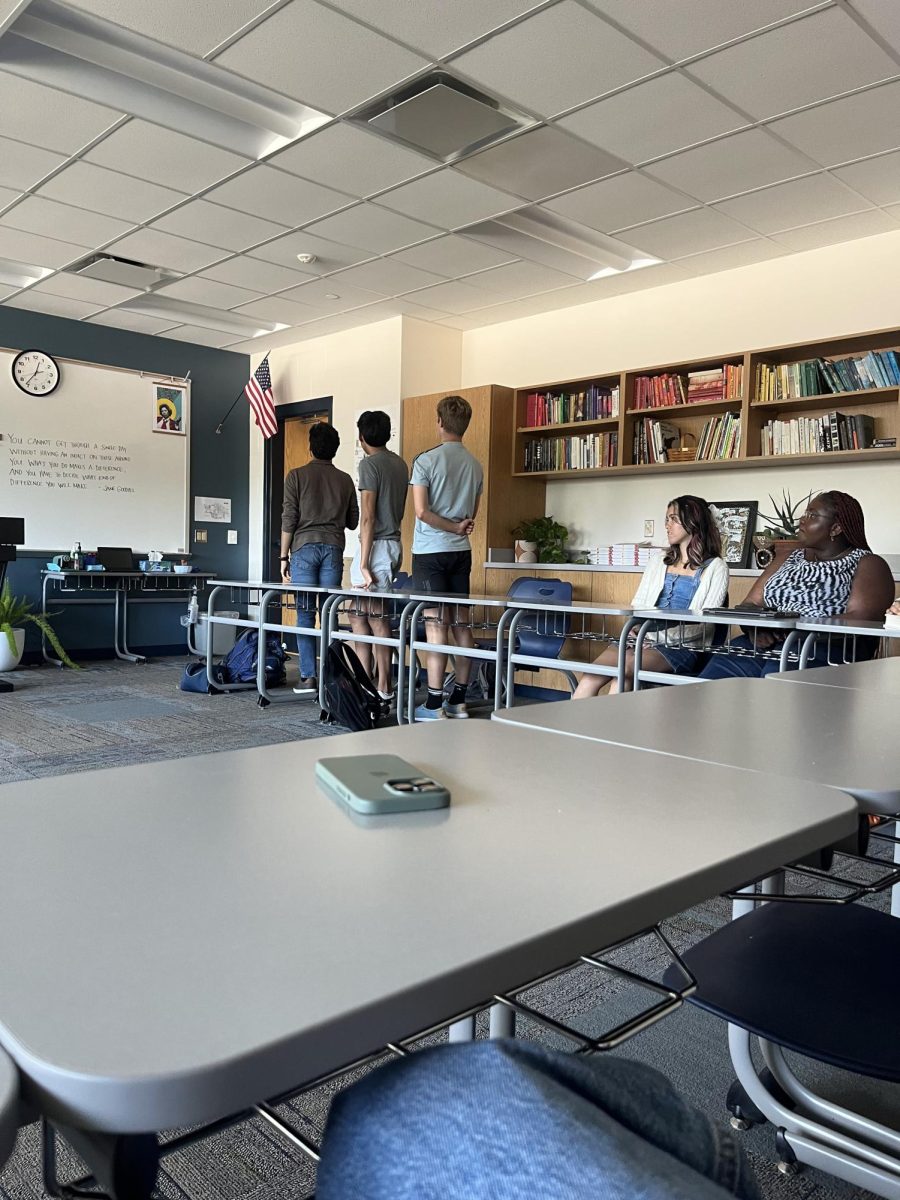

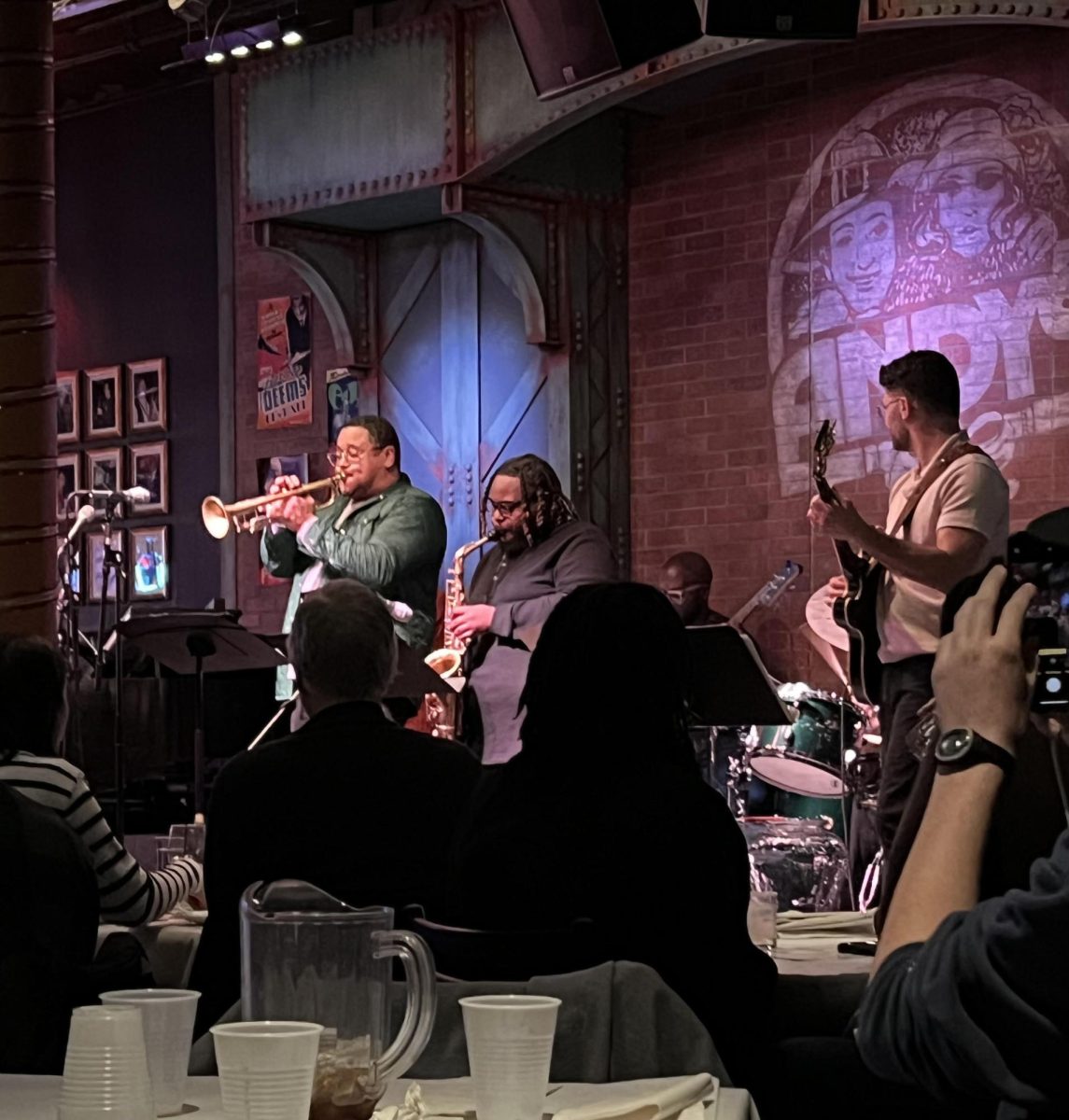
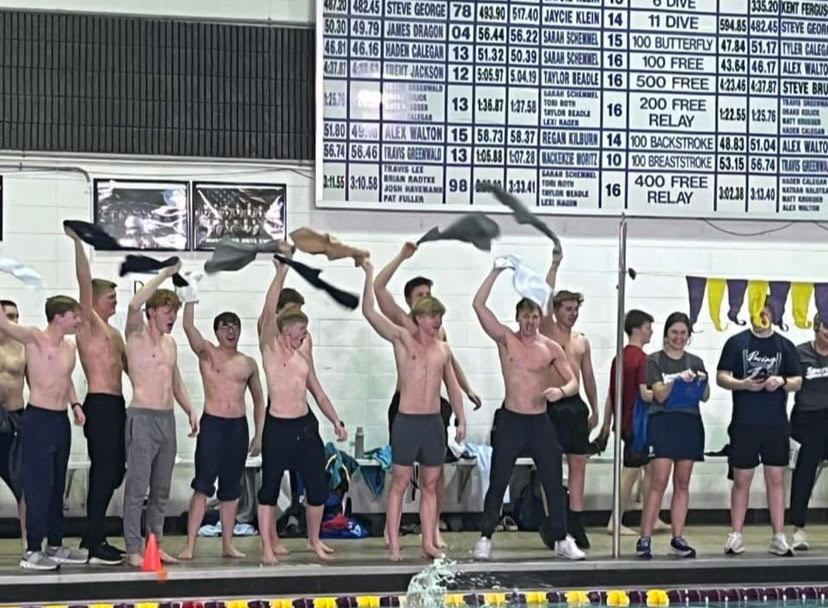

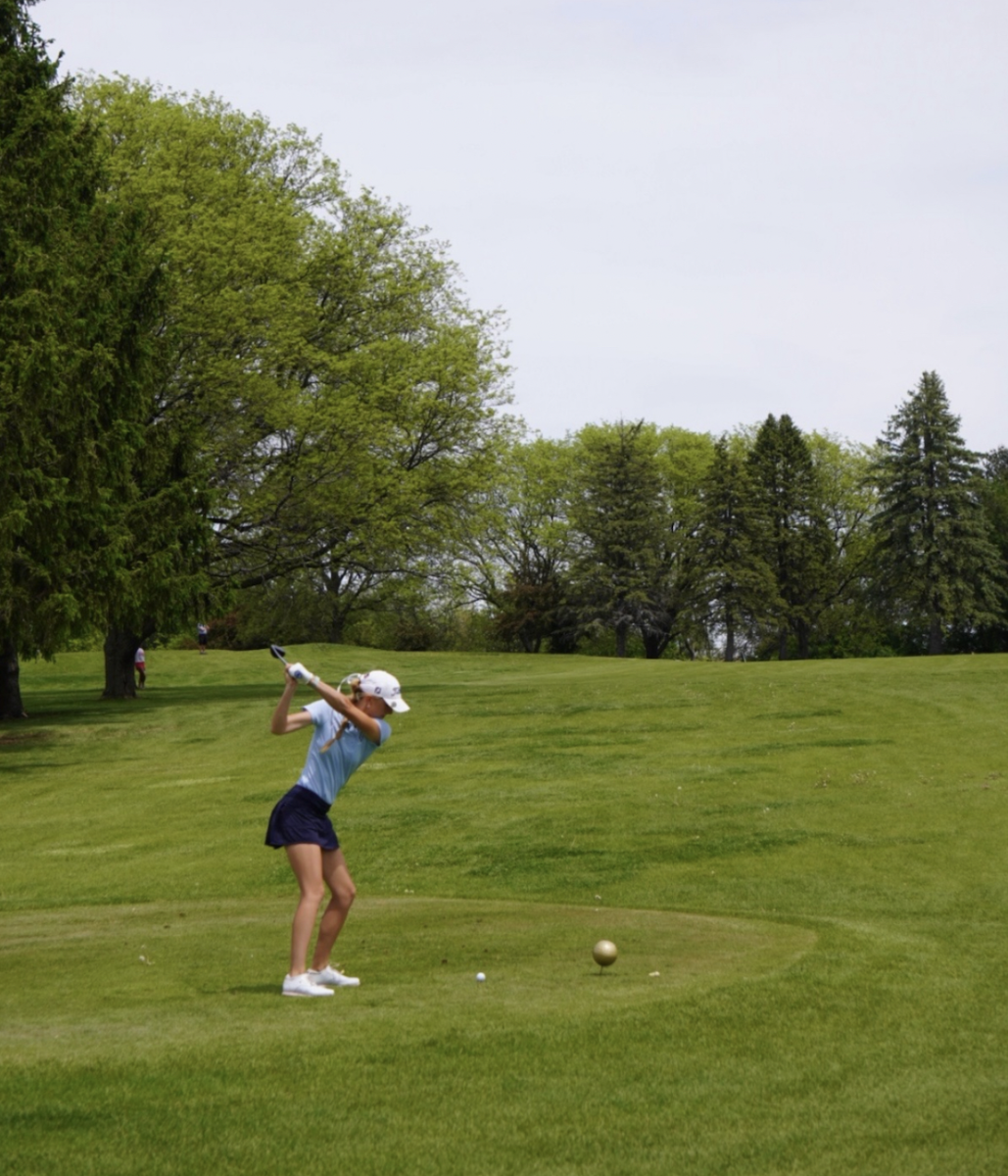
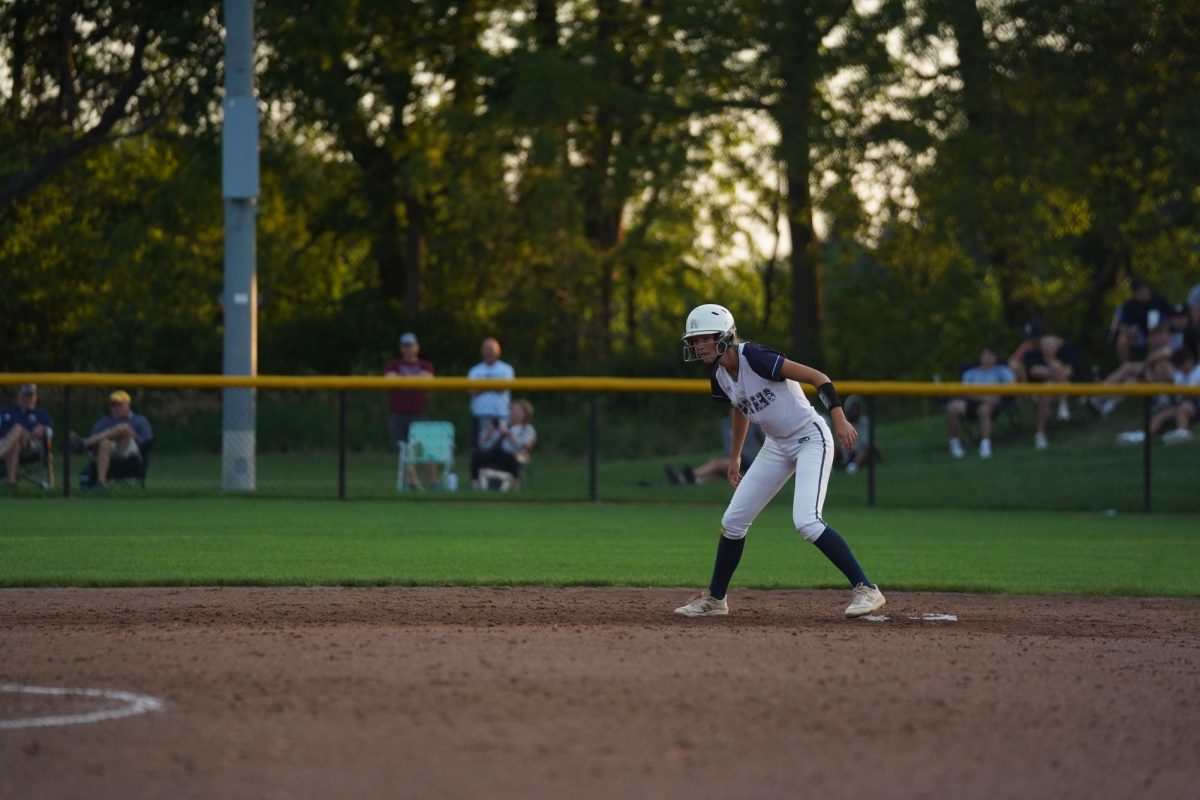
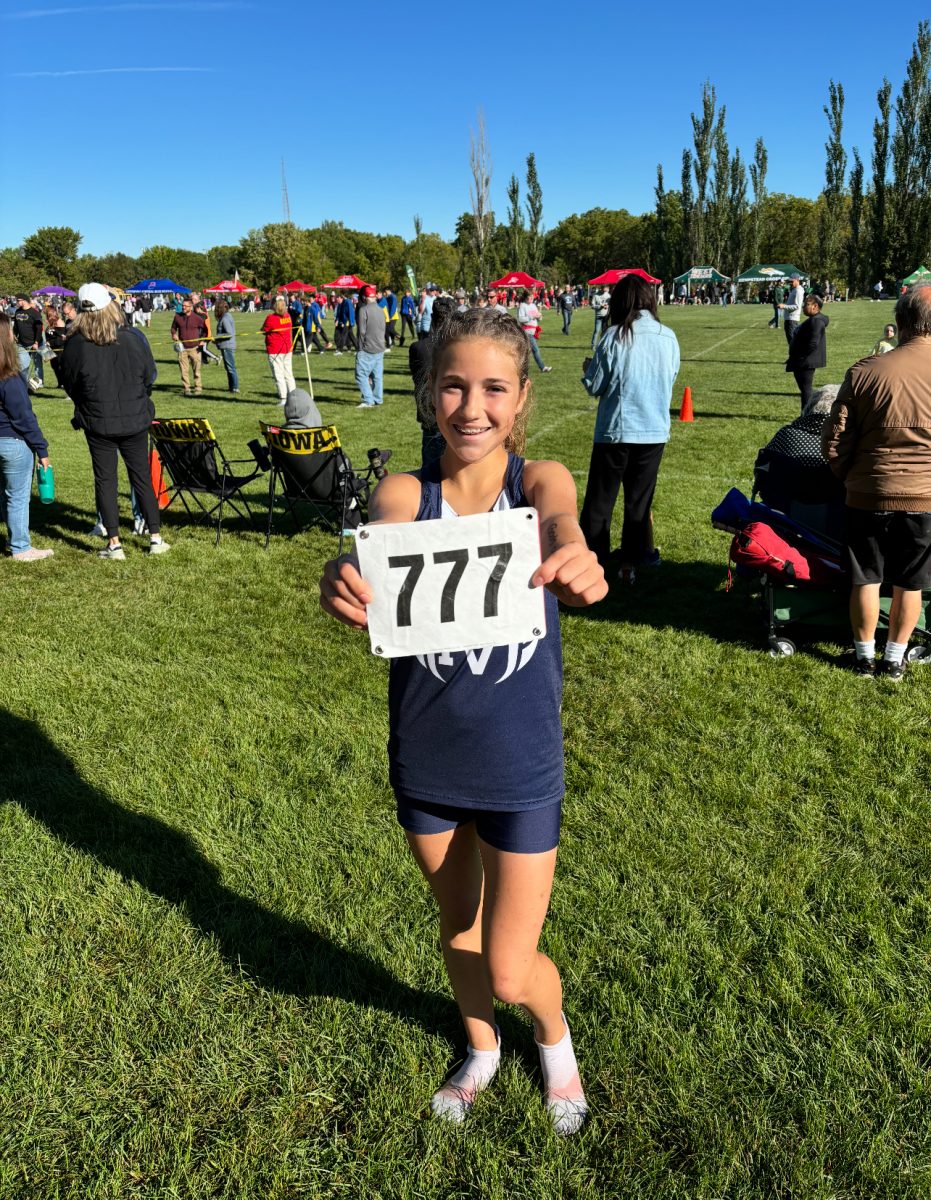
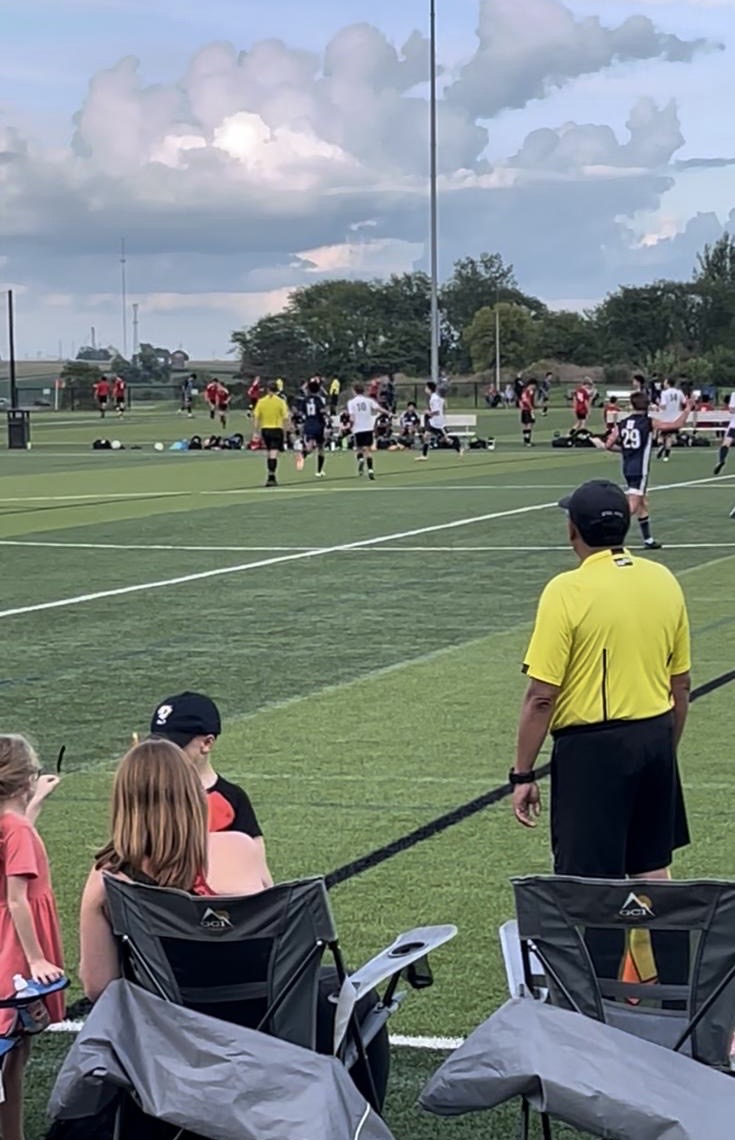

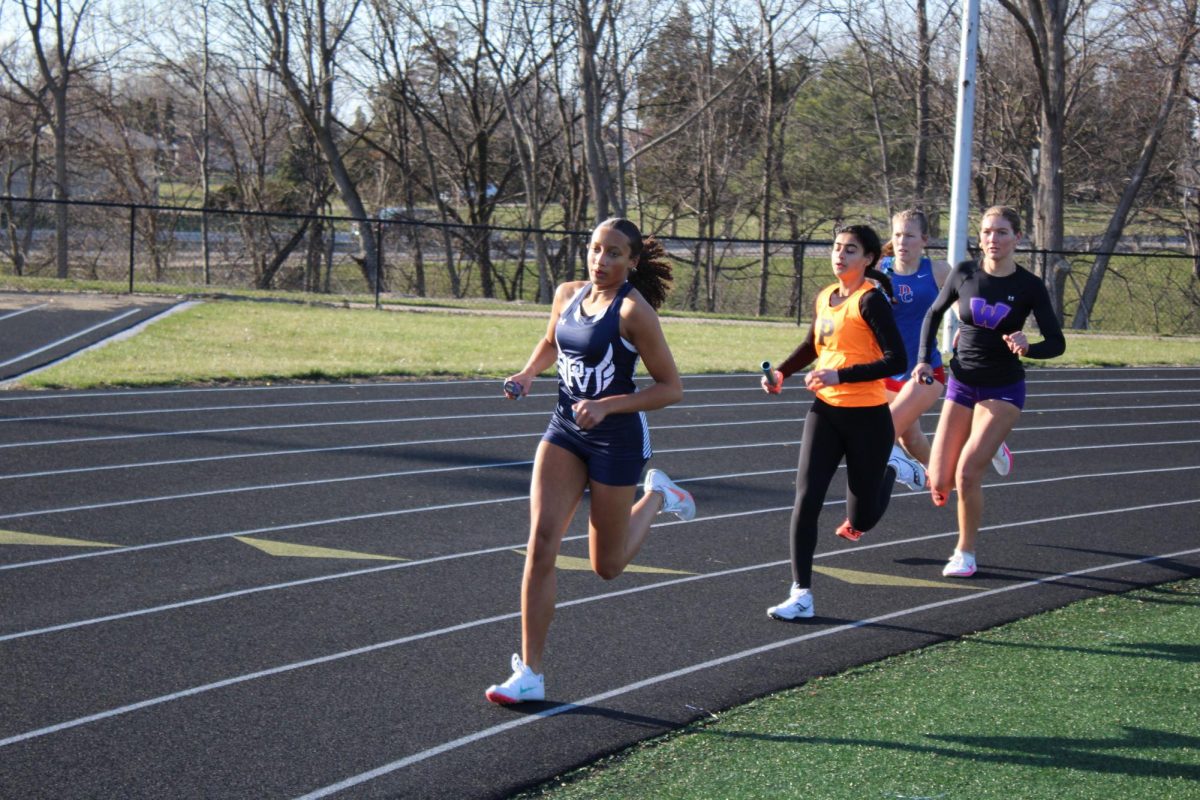


James Thiel • Oct 1, 2023 at 8:24 pm
What can there be done to negate the negative mental health affects of social media on an athlete?
Molly • Sep 29, 2023 at 1:30 pm
Social media definitely affects athletes. All of the twitter, snapchat, and instagram posts can get into teams heads. As an athlete, i wish I didn’t have to deal with this added pressure.
Prothsa Shekar • Sep 27, 2023 at 4:29 pm
Social media has significantly impacted sports, allowing users to learn scores and discuss events. However, it can also fuel rivalries and trash-talking, affecting athletes’ mental health if not used responsibly. High-stakes rivalries can lead to athletes feeling pressure and receiving social media hits. This can increase the likelihood of depression, anxiety, eating disorders, and substance abuse. Football has the highest suicide rates and highest social media engagement, causing athletes to feel disappointed.